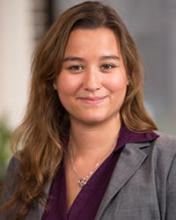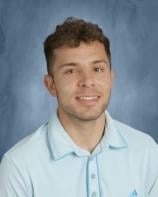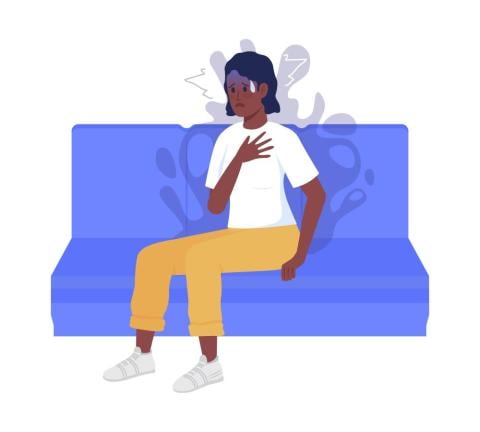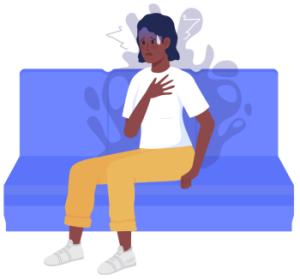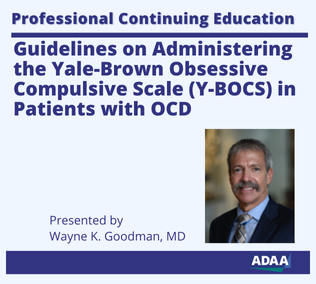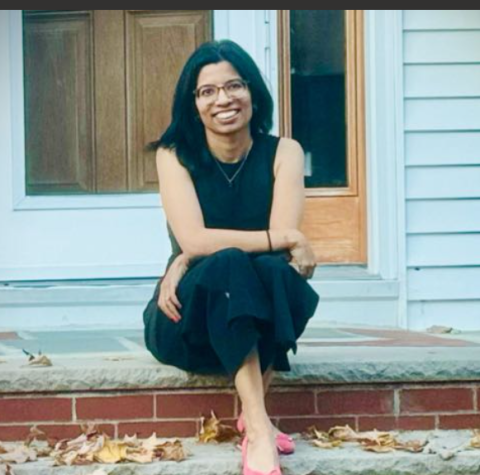Residential Treatment for Youth with OCD: Answers to Your Top 3 Questions
Residential Treatment for Youth with OCD: Answers to Your Top 3 Questions
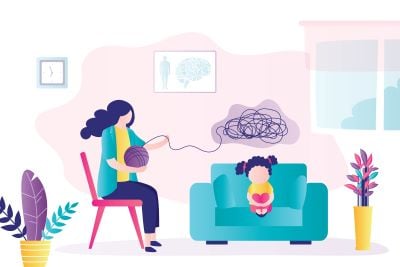
The decision to seek residential treatment for OCD may be one of the most difficult decisions to make as a family. In addition to questions that may come up with seeking any mental health treatment (Will this work? Is this the right therapist? Will this be worth it?) residential treatment comes with an entire new layer of questions that may be unique to the residential setting.
Considering sending a child to a specialty residential treatment program typically means so many other more standard approaches to treatment (e.g., weekly outpatient appointments, school supports, parent trainings, intensive outpatient programs, etc.) have already been tried and still it feels more needs to be done. Residential offers a therapeutic environment to continuously work on exposures and skills, but families grapple with the idea of a child being away from home for an extended period of time. Where does one even start when considering residential care? Below are the top 3 general questions we tend to get when families are considering a program like ours:
What does residential mean?
- Residential offers 24/7 support and care and residents spend the night in the program. Most programs have visit & pass opportunities, which is particularly important so that families can spend time together and residents can generalize the skills they are learning in the residential.
- Residential care is not the same as inpatient care. Inpatient care is typically short-term (e.g., days-weeks) crisis stabilization with an emphasis on safety. Residential care is a longer stay (e.g., weeks-months) and focused on treatment.
Who goes to residential?
- Residential is for those who would benefit from more intense therapeutic intervention. For example, in our program those who come to us often have rituals that take up extensive amounts of time in their day-to-day living and those rituals interfere in attending school, performing daily tasks, or engaging in outpatient therapy. A specialty residential treatment program offers a focused time in one’s life to intensely engage in treatment.
- There must be a level of willingness to attend a residential program and engage in treatment. We’ve learned through experience that without a willingness to try treatment the benefits of attending a residential program are greatly reduced.
What does the treatment look like?
- The specialty nature of a specialty residential program allows us to individualize our care. Treatment plans are developed using evidence-based practices, primarily Exposure and Response Prevention, augmented with other evidence-based practices as appropriate (e.g., ACT or DBT).
- Residents will typically receive individual therapy, coached exposures, group therapy, and weekly family meetings. For many residents there is medication evaluation and management. The day also includes recreation time, planned activities, academic time, and off-unit trips.
- The residents are supported by a multi-disciplinary staff including psychologists, psychiatrists, social workers, nurses, residential exposure coaches, and admin staff.
- A residential milieu offers the opportunity to practice exposures within an environment that is designed to challenge OCD.
Attending a specialty residential program is a unique experience. While it can be hard work engaging in exposures, working on oneself, and being away from family, it also comes with opportunities. The opportunity to focus solely on one’s mental health and using evidence-based practices to re-engage with life. The opportunity to work with highly trained and dedicated professionals. And most importantly, one of strongest advantages to a specialty residential is it provides a community of peers going through, and overcoming, similar challenges together. For more information on specialty residential programs for pediatric OCD please visit www.iocdf.org.
This post is presented in collaboration with ADAA's OCD and Related Disorders SIG. Learn more about the SIG.
